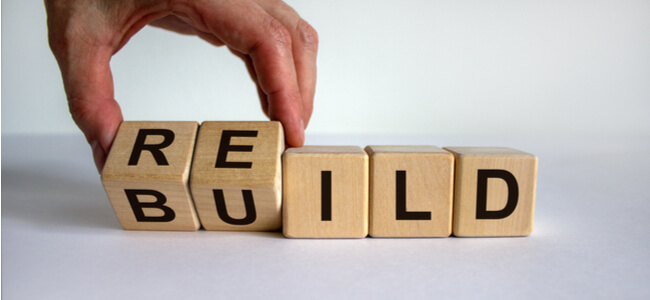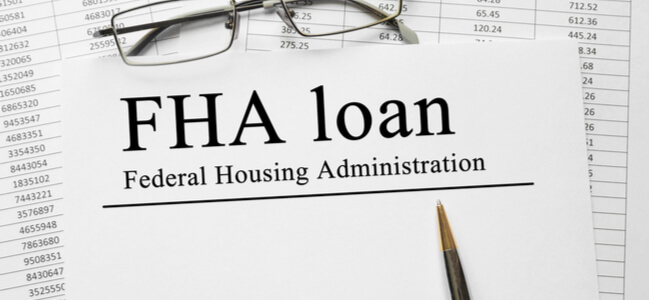What To Do When You Can’t Make A Loan Repayment

Many people decide to take loans to fulfill personal financial needs. However, repaying such loans can prove to be a major challenge for some. For example, if you take out a personal loan, there is a possibility that external risks like today’s global coronavirus pandemic could derail your plans to repay the loan on time.
What should you do in such a case? Below, we focus on your options if a repayment situation unfolds.
The Worst Case Scenario
Taking out a loan is often an important way to meet your personal needs. However, paying them back can often prove tricky and if you are unable to pay back the loan in time, it could have severe consequences.
In the worst-case scenario, you could face a lawsuit or your assets could be confiscated. Alternatively, you could face penalties and fines, thereby increasing your liabilities even further. Even worse, defaulting on a loan repayment will also likely affect your personal credit score and make it much harder for you to access financing in the future. In order to avoid this situation, it is important to act quickly and decisively if you are about to default
What Are The Options?
If you are unable to make a loan repayment, you still have the chance to make amends for it. Here we explore what you can do.
Pay Later, Optimally Within 30 Days
The first option is to pay back the lender at a later date. If you know that you will have access to cash very soon, this is a viable option. For example, you may be cash-strapped right now, but expecting your federal tax refund in a few weeks.
You could try to negotiate the repayment date with your lender in order to avoid penalties and fines. In fact, if you make the repayment within 30 days of the deadline, there is a chance the lender may not take any kind of action against you and your credit score will remain unaffected.
Consolidate With A Secured Loan
Another alternative could be to consolidate your borrowings by taking out a secured loan. These loans are secured against an asset or a set of assets. The new loan could help you in meeting your short-term obligations, while also potentially lowering your interest costs.
For instance, if you have taken out a short term payday loan at high interest rates, you may not be able to repay it in the current climate of uncertainty and economic slowdown. A solution could be to take out a personal loan secured by your home or car, as this form of borrowing tends to have friendlier repayment terms and interest rates.
However, you will need to apply for the new loan well in advance if you feel that cash flow issues are on the horizon. If you have already missed out on loan repayment, a bank may not offer you fresh credit.
Refinance
Refinancing the loan you are about to default on is also an option. In order to do this, you must present a robust repayment plan to your existing lender. You need to approach your lender and state the reasons behind not being able to repay on time. Thereafter, you should ask them to refinance your loan, so that you are able to avoid a default.
Ideally, a new loan disbursed under a refinancing scheme should have a lower interest rate and ultimately reduce monthly payments to make them more affordable. This could buy some valuable time to arrange for the eventual repayment. Refinancing is currently a popular option in times of short-term uncertainty as people wait for the economy to bounce back.
Read more about:
Refinancing Your Mortgage With Bad Credit
Negotiating A Settlement And Prioritizing Payments
If none of the above strategies are viable, then your remaining option could be to negotiate a settlement with your lender. Such a settlement typically allows you to make a full and final payment to them in the future.
If you are able to negotiate well, then a settlement could even allow you to pay back a much smaller amount than what you actually owe. However, it is worth noting that such a settlement plan is likely to have an adverse impact on your personal credit score. You should opt for a settlement only if no other alternative seems to be feasible.
Conclusion
To sum up, if you are unable to make a loan repayment in time, it is not the end of the world. You need to weigh up your options and make a smart choice. You could refinance your loan, consolidate it, or negotiate to make the repayment at a later date. If none of these options appears to be suitable, then a settlement could be your final resort.



